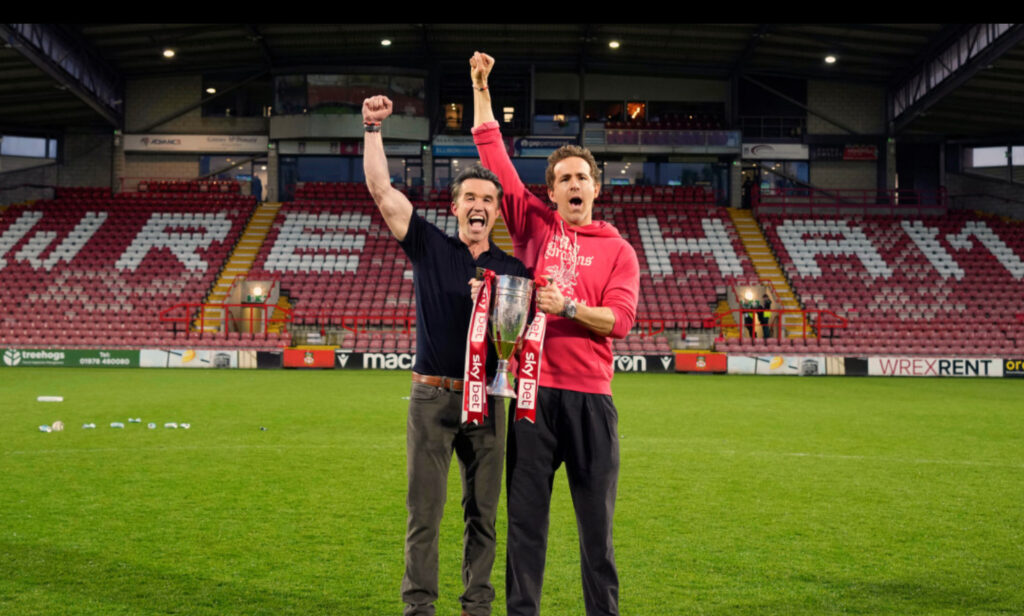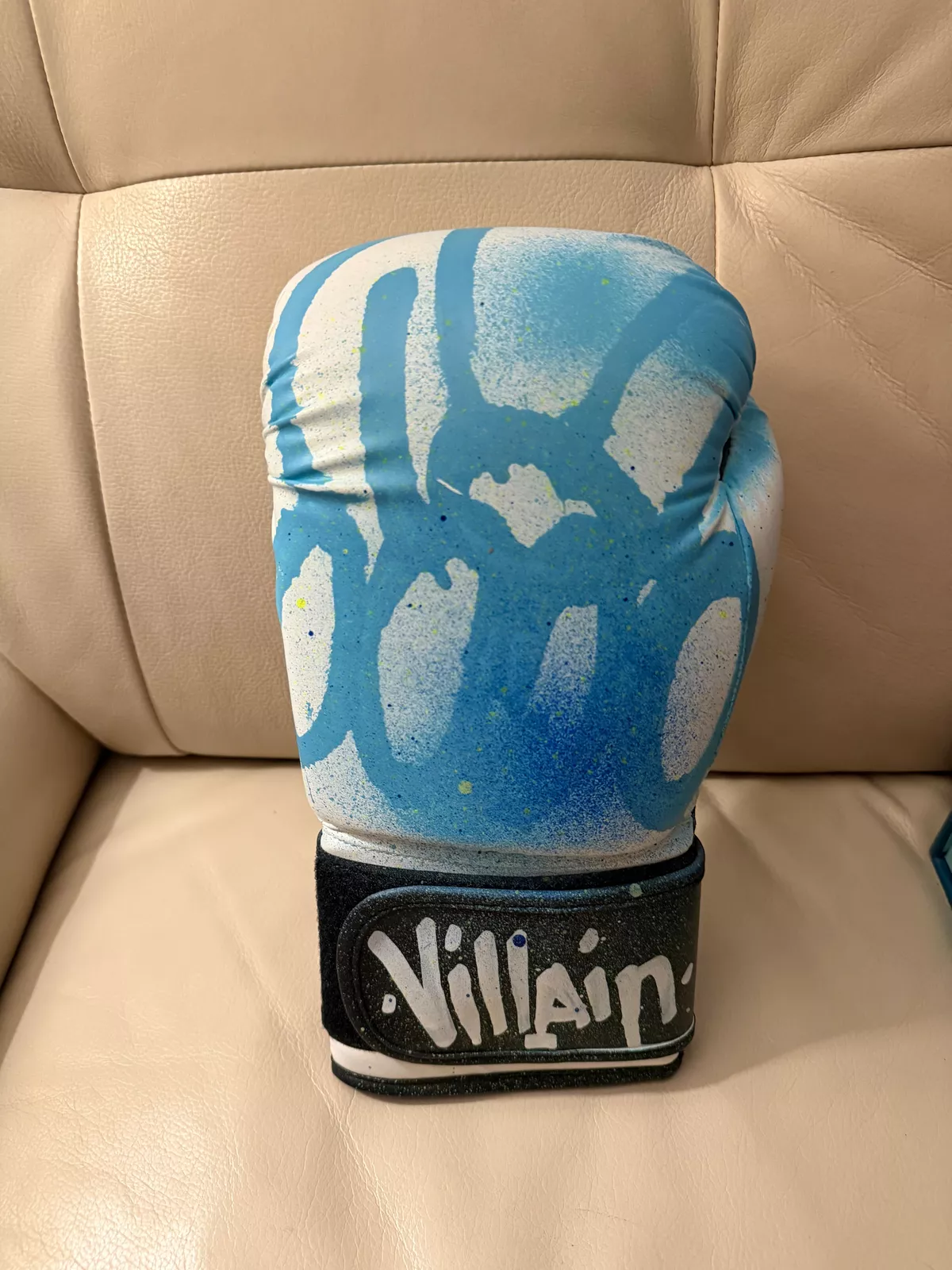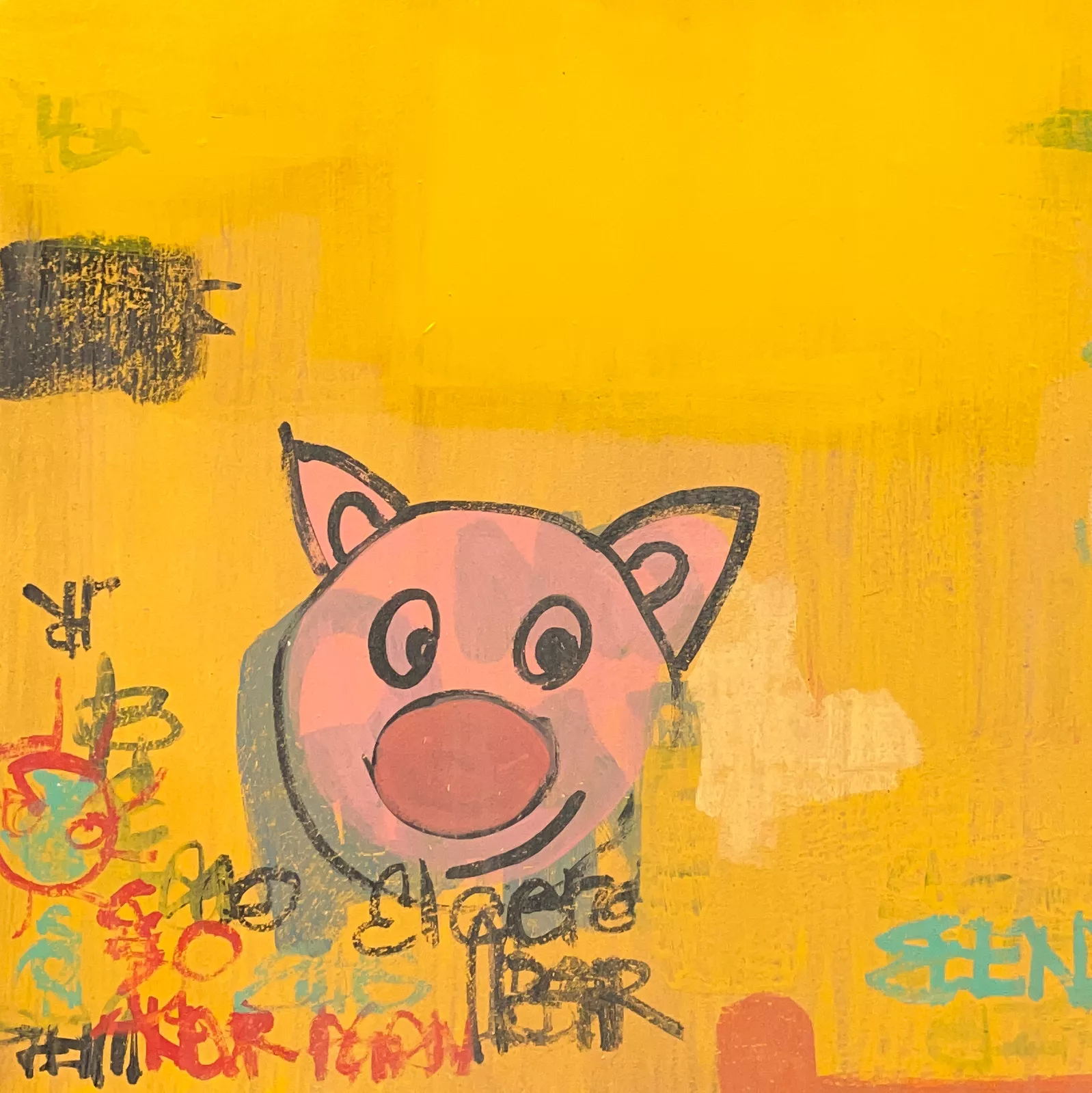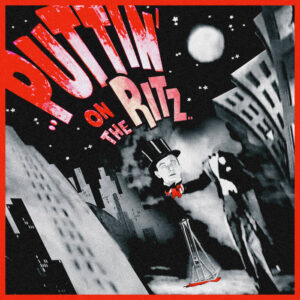At the intersection of sport, spectacle, and storytelling, few narratives in recent memory feel as charmed — and as improbable — as Wrexham AFC’s meteoric rise under the stewardship of international film star Ryan Reynolds and television creator-actor Rob McElhenney. What once might have been dismissed as a whimsical celebrity vanity project has instead blossomed into one of football’s most astonishing modern success stories: a modest Welsh club, once languishing in obscurity, now perched on the precipice of England’s top flight.
Over the weekend, Wrexham etched another chapter into this improbable fairy tale. By securing a third consecutive promotion — an achievement unparalleled for an English side — the club will next season compete in the second tier of English football, just one step away from the Premier League.
The numbers alone tell a staggering tale: from a $2.5 million purchase in 2021 to a valuation in March 2025 by Bloomberg of around $133 million, representing a mind-bending 5,200% increase. But beyond the dollars, beyond the headlines, lies a deeper truth: Wrexham’s ascent is a story of passion meeting opportunity, tradition meeting modernity, and football’s soul rediscovering itself at a time it desperately needed to.
An Old Club Finds New Life
Founded in 1864, Wrexham AFC is among the oldest football clubs in the world. For much of its long existence, the club embodied the gritty romance of lower-league football: cold Tuesday nights, unpredictable fields, a loyal if modest band of supporters singing into the biting Welsh air. It was a club steeped in heritage but seemingly fated to labor eternally outside the bright lights.
By the time Reynolds and McElhenney came calling, Wrexham had been marooned in the National League — the fifth tier of English football — for 13 years, far removed from the elite echelons where history was made and fortune flowed. It would have been easy to view the actors’ investment as a publicity stunt, a narrative ploy for their documentary series.
Instead, it became clear early on that this was something different. The owners didn’t just buy a football club; they bought into a community. They treated Wrexham not as a means to an end but as an end in itself — a vessel for shared dreams, old and new.
Their involvement didn’t sanitize or commodify the club’s culture. It celebrated it. They learned the songs. They drank at the local pubs. They spoke, sometimes with awkward earnestness, about the emotional weight of the responsibility they had undertaken.
That authenticity mattered. It resonated not just in Wrexham but across the footballing world.
Success on the Pitch
In professional football, sentiment can get you only so far. The true currency is results. Wrexham delivered — spectacularly.
Since the takeover, the Red Dragons have moved with breathtaking momentum. Each promotion was hard-won, built not merely on ambition but on shrewd recruitment, managerial stability, and a clear understanding that a team must be constructed for the rigors of each new division it faces.
Players like Paul Mullin, who dropped divisions to join the Wrexham project, became household names. Veterans mixed with hungry youth, and the club developed an unmistakable identity: aggressive, resilient, fearless.
The 2022–23 season culminated in a record-breaking National League title. The 2023–24 season saw another climb, this time from League Two. And now, in 2025, the climb from League One into the Championship — a level of football unimaginable for Wrexham just a few seasons prior.
Each step demanded not just better football but broader shoulders — greater tactical sophistication, deeper squads, thicker skins.
Wrexham has met every challenge. And in doing so, they have proven that fairytales in football are not extinct — they are merely harder to believe until they unfold before our eyes.
The Economics of Stardom
Behind every feel-good football story lies a harsher economic reality. Moving up the pyramid brings with it exponentially greater financial demands: bigger player wages, higher travel costs, infrastructural upgrades to meet stricter league regulations.
For a club like Wrexham — whose average home attendance of 12,757 would still rank among the lowest in the Championship — promotion could easily have spelled financial peril.
But Reynolds and McElhenney’s global profiles have transformed Wrexham’s balance sheet as profoundly as they have transformed its league standing.
Major sponsorships followed — from TikTok, Expedia, and even aviation giant United Airlines. Merchandise sales exploded, with Wrexham shirts spotted from New York to Seoul. The “Welcome to Wrexham” documentary captured imaginations far beyond traditional football audiences, painting the club as an underdog fable with real-world stakes.
The result: record revenues. Wrexham reported $35.5 million for the year ending June 2024, and that figure is expected to have grown substantially since.
In a world where traditional football powers often drown in unsustainable debt, Wrexham’s model — blending organic community growth with global branding savvy — offers a provocative template for the modern age.
The (North) American Invasion
Wrexham’s success cannot be viewed in isolation. It forms part of a broader trend of American — and in Reynolds’ case, Canadian — involvement in English football.
Liverpool, one of England’s most storied clubs, is owned by Fenway Sports Group. Leeds United, fighting to reclaim its Premier League status, boasts American backers. Birmingham City, historically a yo-yo club, now also flies the Stars and Stripes in its boardrooms.
This infusion of North American ownership has been met with skepticism in some quarters. Fears abound about commercialization, cultural disconnects, and mercenary investment strategies.
Wrexham, however, stands apart. Here, ownership has embraced not just the potential of football as a business but the weight of football as a civic institution. Reynolds and McElhenney didn’t impose their personalities onto Wrexham. Instead, they amplified Wrexham’s personality onto the world stage.
Their success suggests that foreign ownership need not be a hostile occupation. It can be a collaboration — if approached with humility, patience, and genuine respect.
The Road Ahead
The Championship will pose Wrexham’s sternest test yet. It is arguably the most brutal division in world football: 46 games across a grueling season, where any club can beat any other on a given day.
Financial pressures will intensify. Squad depth will be tested. Expectations will sharpen to a cutting edge.
Yet even if Wrexham were to struggle — even if the fairy tale were to suffer a few bruises — the broader impact of the past three years cannot be undone.
This is not merely a club on a hot streak. It is a club that has been fundamentally reborn, structurally and spiritually.
Whether or not Wrexham ultimately ascends into the Premier League, they have already done something extraordinary: they have proven that with vision, commitment, and a little stardust, football’s old magic can still flicker to life.
Impression
Ryan Reynolds and Rob McElhenney bought Wrexham not to remake it in their image, but to help it rediscover its own. In doing so, they have given football something priceless: a new myth for a cynical age.
It would have been easy — depressingly easy — for their venture to collapse into self-parody. Instead, it became a model of how sport, commerce, and community can coexist without cannibalizing each other.
Wrexham’s story reminds us why football matters, why it endures. It is not the trophies, though those matter. It is not the broadcast deals, though those sustain it.
It is the dream — battered, improbable, stubborn — that the small can still defy the odds. That loyalty still counts. That authenticity still sells.
As the Red Dragons soar into the Championship, they carry with them not just the hopes of a small Welsh town, but the hopes of everyone who dares to believe that sometimes, if only sometimes, the good guys really do win.
And that in a world so often cynical, sometimes the most revolutionary thing you can do is to believe.
No comments yet.








